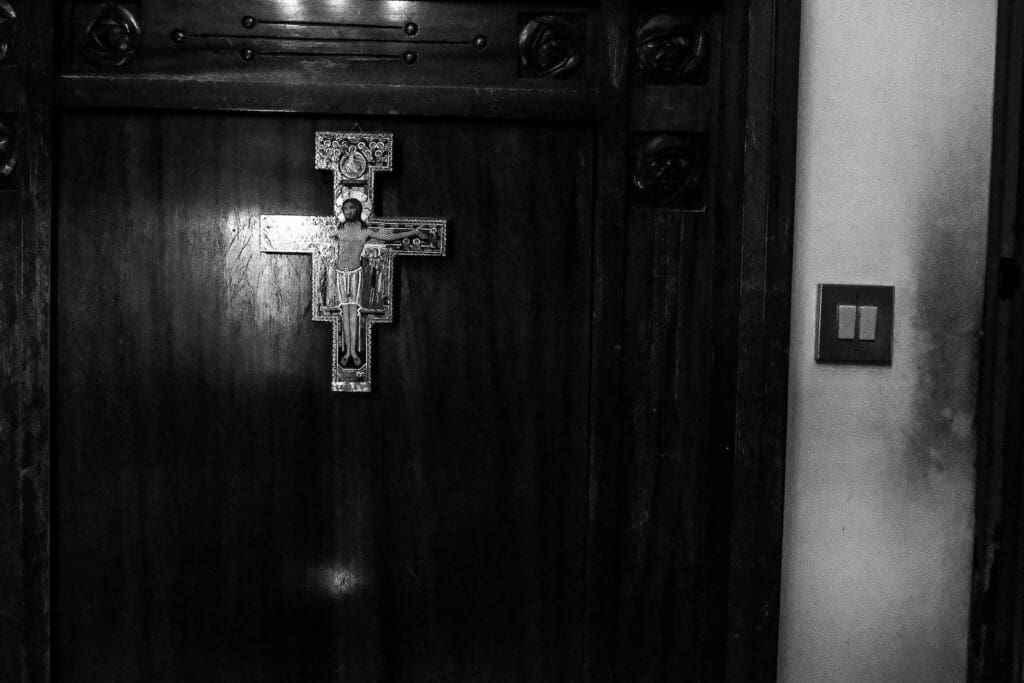She was born on an island, and that (as Marguerite Yourcenar wrote) is already the beginning of loneliness. In Caltanissetta, in the heart of Sicily.
Her gray-blue eyes narrow to escape the light of a bright morning; they seem sculpted on the very white skin. Lidia is a kind of seer. He grasps your gaze as if it were a precious stone, then takes your hand and reads its every fold, every mark. She lives on the top floor of a building in Palermo’s historic centre (from up here, the city spreads white and magmatic like sea foam), perpetually surrounded by nine cats, maybe ten, maybe more. I tried to count them one day, but each time a new cat popped out over a cupboard, around a corner of the kitchen, or looked at me, calm and indifferent, hiding between Lidia’s legs.
The feline smell upon entering the house is unbearable, and one feels that everything, not just the air, is impregnated with it. When I grab a chair, Lidia hands me a sheet of newspaper, “So you don’t get dirty,” she says, sucking in one of the first cigarettes of the day. Then he starts asking me, questioning me. She has known me for more than ten years now. She already knows everything.
It seems that my words get stuck somewhere in the folds of his memory or get consumed as if they never existed, and so I answer again, patiently, the same questions, the same curious eyes scrutinizing me. Everything appears, in this kind of repetition, as a ritual.
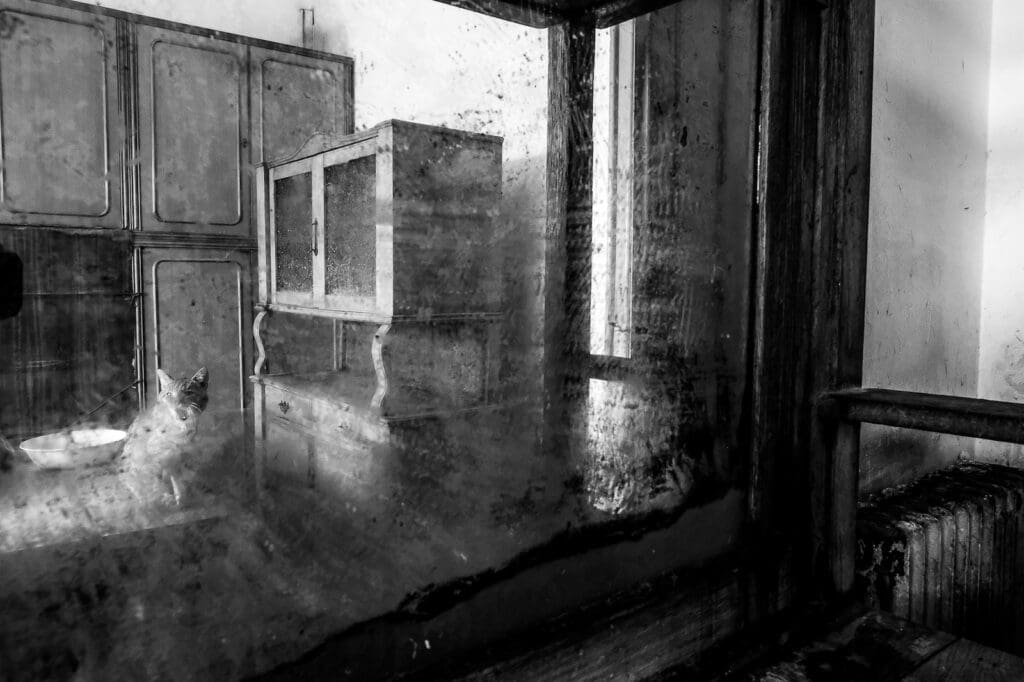
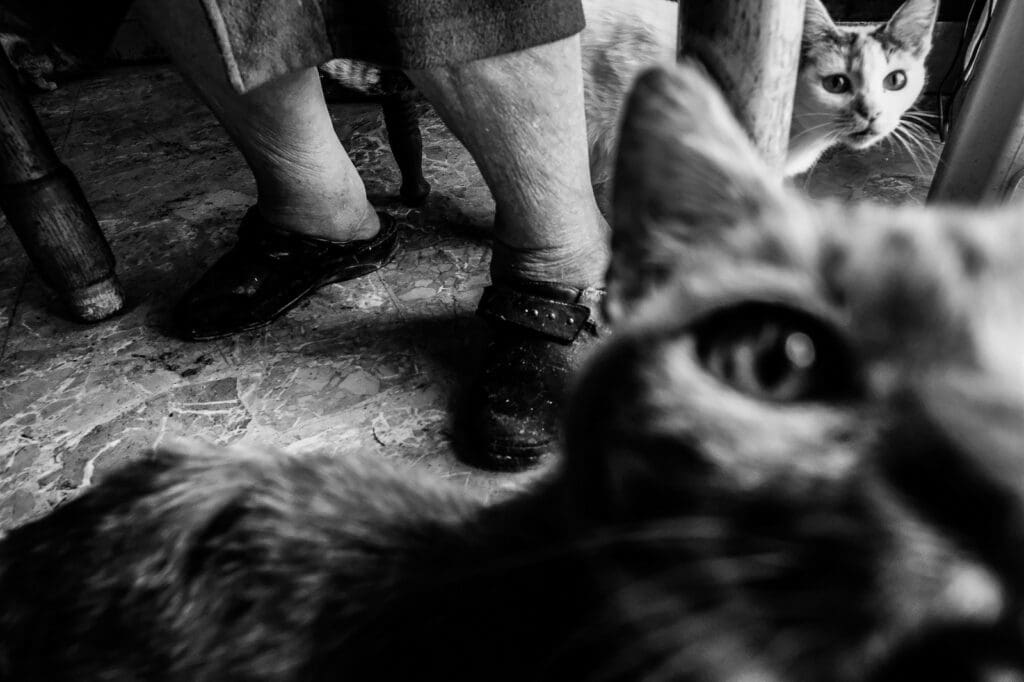
Lidia’s legs are swollen, and her ankles are too full. He walks with difficulty, holding onto a stick. He wants to make me coffee. I accompany her to the kitchen. In the sink, a pile of dirty dishes. Everything else is in order. A blue wall and a disconnected electrical outlet. The cats follow us, with a tenacious meow. She responds, meowing. He seems to be talking to them. “I talk to him!” he says as if reading my mind. But Lidia, if you stop your gaze suddenly, if you stop it in the gap of a moment, it catches it, this moment, and leaves you no escape, truly reading your mind.
On the ground, in a corner, cat droppings. In one of the rooms facing the hallway, a vast room with grey mirrors and furniture worn by time and feline nails, I catch a glimpse of three substantial litter boxes, not cleaned in days, maybe weeks. In this room, the sour smell is even more intense. I think by now, even the walls are pregnant with cat effluvia. Cigarette smoke and cat droppings. Some have large pink hairless patches on the reddish coat. This is also why they give off such an acrid smell. She does not think they are sick, perhaps because of childish carelessness or wildness of spirit, but certainly not because she does not love them. If anyone tried to take them away, Lidia would die from it. He does not conceive of his life without his feline companions and books. I am her constellation, her map of the sky.
Lidia’s blue-gray eyes, similar to turquoise at the bottom of the sea, make me forget the full, annoying, too-intense smell that perhaps even the walls give off by now.
Lidia has lived Paris for a long time. She graduated with a law degree from Catania, Italy.
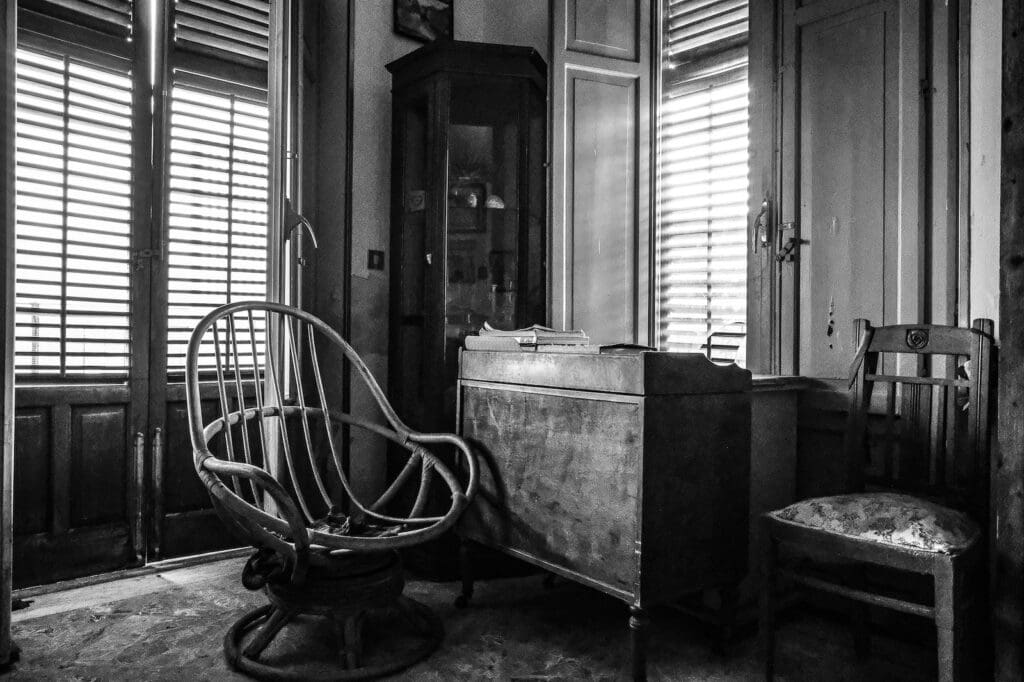
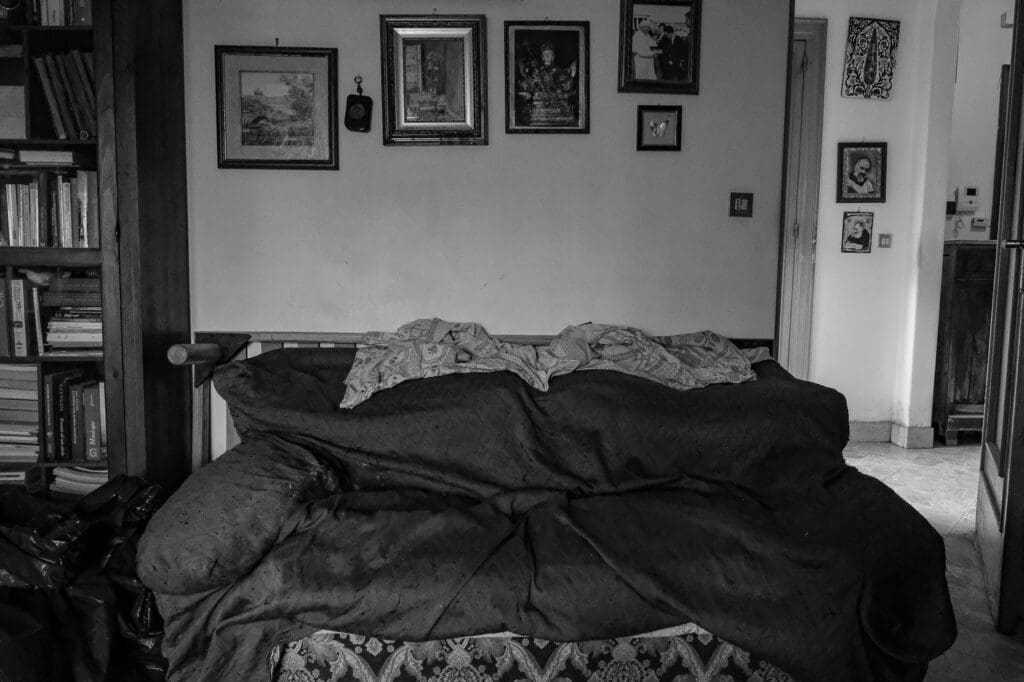
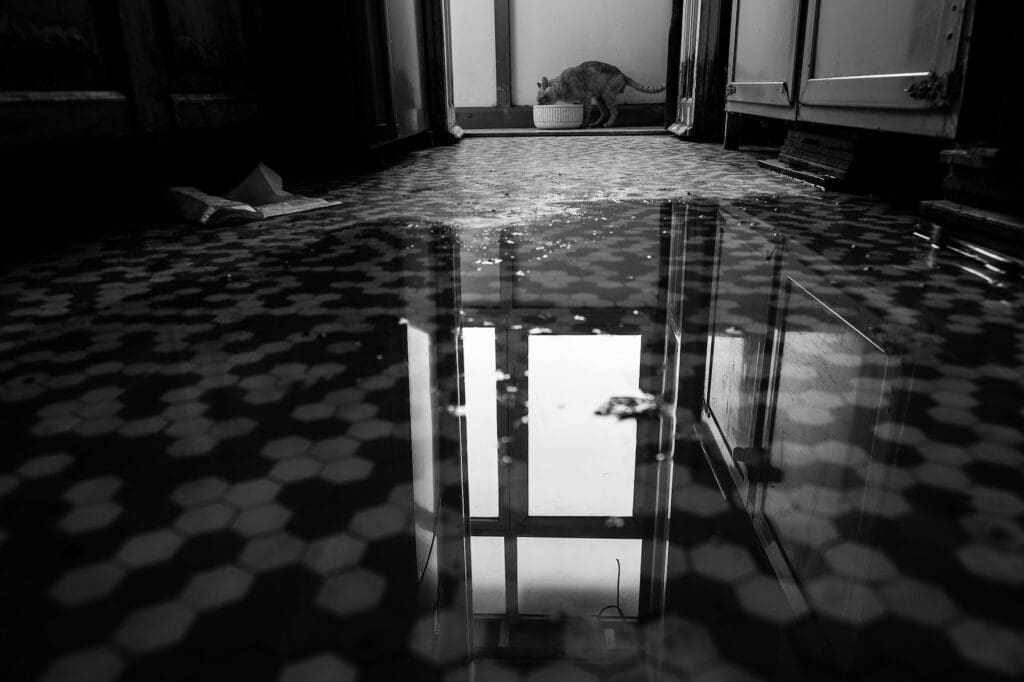
The coffee is ready. We return to the small dining room, dazzling with light like a temple. Cats, two, three, then four, cross into her sick legs as she strolls down the yellow-walled hallway. “Why don’t you make me a nice pasta with sardines?” he tells me as he sits down and picks up a bunch of Egyptian tarot cards and begins to shuffle them with careful calm, without stopping to look at me. Immediately, he seems to forget his question, pushes his cigarette against the ashtray, makes sure it is out, lays the deck of cards in front of me, crosses his arms, and waits.
I cut the deck, spread the cards out on the coffee-stained tablecloth and choose one, then two more. I turn over the first card and stand stunned, as Lidia narrows her eyes as if to concentrate and asks me to look at it.
In the center of the card is drawn a woman with a twig in her right hand, at the sides two pyramids, above the words voyage, travel. The paper is beautiful. A lion and a bull symbolize the earth at the woman’s feet. Above an eagle and an angel, the sky. The woman is enclosed within a circle formed by a snake eating its tail. Uroboros. It’s like the exact ring I have owned for years and wear even now. It is a symbol, the Uroboros, from the Greek οὐροβ��ρος, οὐρά, ura, “tail,” and βορός, borós, “biting.” The circle is the infinite, but also the eternal return and the whole, heaven and earth together, the world.
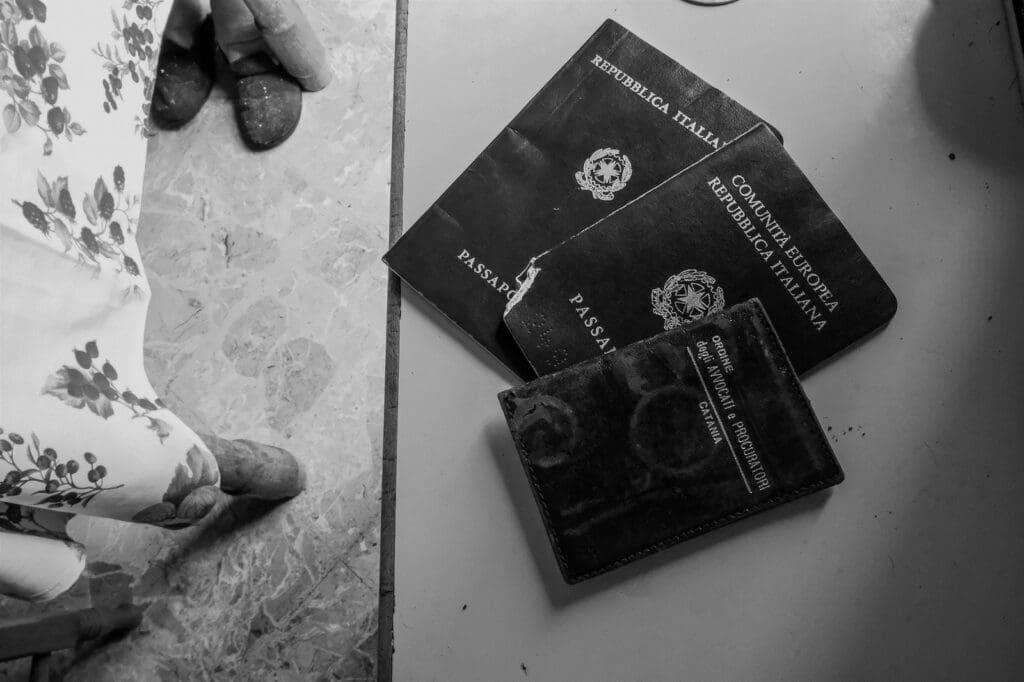
“I would like to learn a language.” Lidia says to me out of the blue. His eyes on the now extinguished cigarette butt between his fingers. “But you already speak another language, French, Lidia.” I remember her trying to meet her gaze. Raising his head, the small eyes lit up. “Ah yes, that’s right, yes. French! I had to speak French when they locked me up in that damn place. Otherwise, how did those people understand me.” He takes another cigarette, lights it quickly and inhales for a long time before resuming speaking. “Do you know what I used to do to pass the time? I used to jump from table to chair and from chair to table. One day, I fell with my head backwards. But I didn’t hurt myself—just a big scare. I couldn’t stand being locked in there anymore. Then, someone perhaps took pity on me and allowed me to go into the garden. It was huge and damp. I could hear the ocean water coming up to the lawn. The sound of the ocean overpowered everything. Except the voice of those whores.” “Whores? What whores?” I ask her. “Those nuns from the convent next door. Every night they would recite a sermon, a prayer, I don’t know what — damn them. Every night, over and over again. And then who knows what they were saying, I didn’t understand anything. And I would shout buttane, stop it. I called them butane in Sicilian and not whores; otherwise, they would understand me. La Rochelle-forty days in that damn place.” In the last words, he squints his eyes, pushes his cigarette against a small ceramic plate already blackened by ash, folds his arms, and looks beyond the open window. Even the first stars in the sky seemed scorching in that Sicilian heat. “I was in Rochelle,” he continues, without moving his eyes from that faded blue. “The largest port in Europe, where huge loads of sardines used to arrive. But I never ate sardines there. Never. I wonder why.”
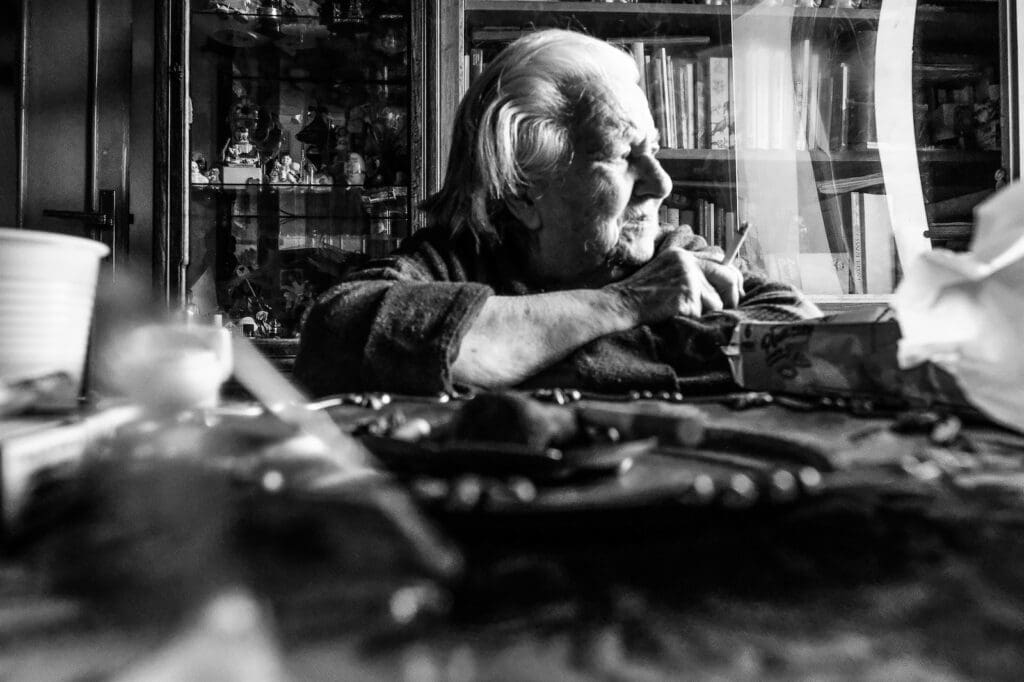
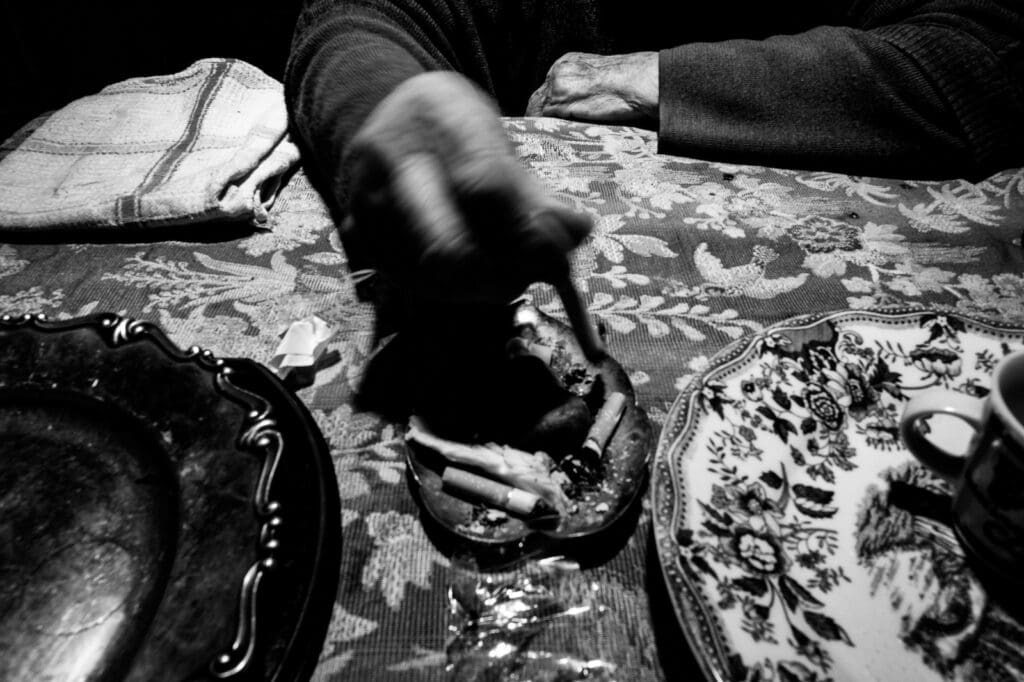
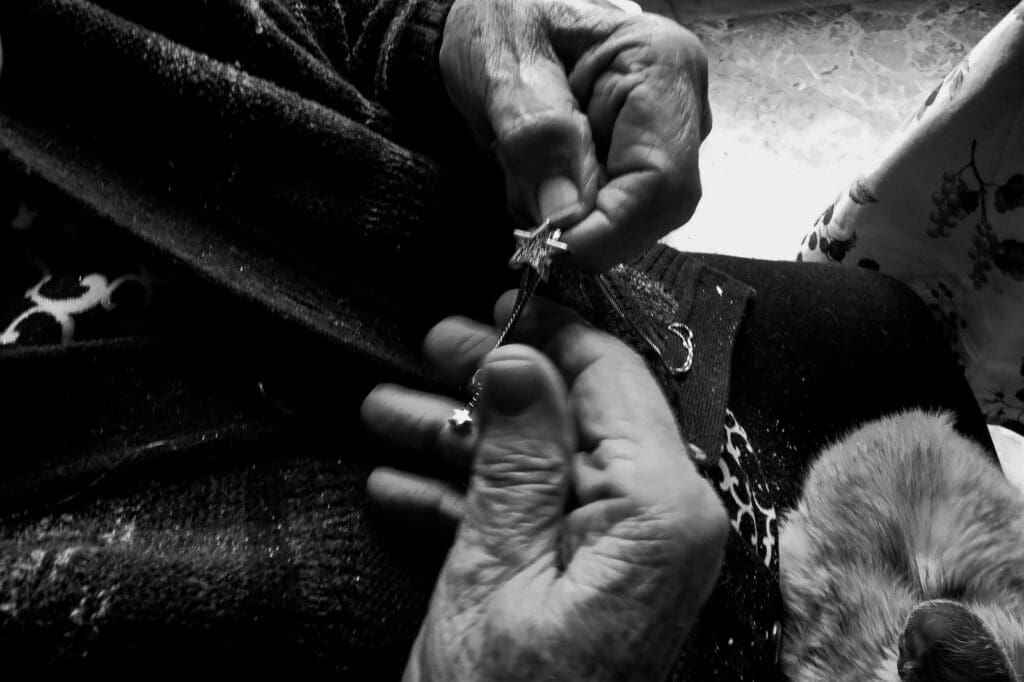
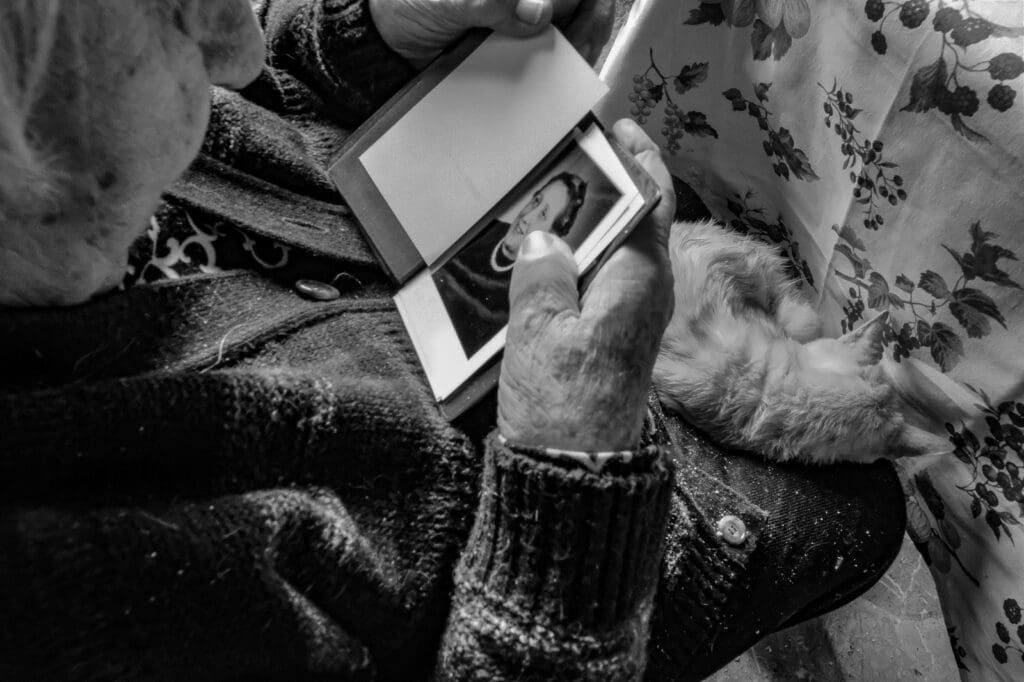
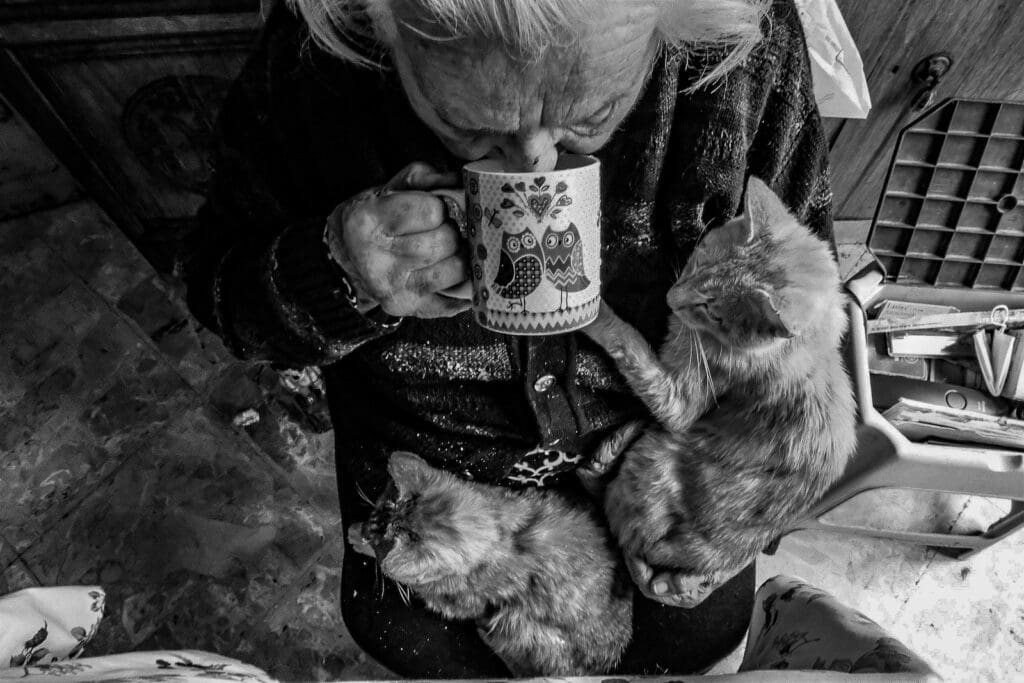
The existence of a new beginning that occurs after every ending. Symbol of rebirth and perpetual transformation. The snake constantly changes its skin while always remaining true to itself. Travel, then, is my essence. Lidia, after revealing to me the meaning of the paper, beyond the uroboros and beyond the pyramids, grabs the stick resting on the corner of the table and tries to stand up. He wants to give me a book as a gift. His house is filled with books everywhere, in all rooms, even in the kitchen. “They save me from loneliness; without them and my cats, I wouldn’t be able to live.” And she looks at me as if she is whole and bitter of sure tears she never had the courage to shed. “Choose from my library. Get the book you want. I read them all, you know? Choose … and come back to see me soon,” he tells me, lighting another cigarette.
